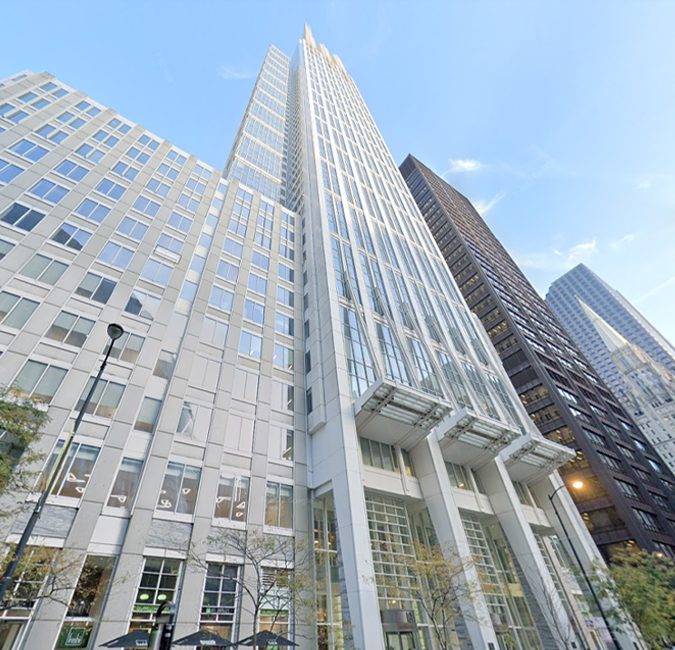The Law Offices of George M. Sanders
At The Law Offices of George M. Sanders, we represent people,
fighting for their civil rights against the intimidating power of government, educational institutions, and large corporations. We know that our civil liberties are universal human rights. While people have a wide range of beliefs and practices, the large majority share a common vision of a world where freedom of speech and expression and freedom to exercise your religious beliefs are protected. This vision is our goal and also we want to help protect your rights from government abuse and infringement, and when possible under state law, private businesses.
What Sets Us Apart
Experienced Chicago Civil Rights Attorney
01Knows The Courts
With years of experience handling a wide range of civil cases, we understand state and federal court systems from the inside out.
02History Of Success
George M. Sanders has extensive experience dealing with complex litigation and fighting for his clients.
03Quick To Act
Your case is our top priority. When you choose us to represent you, you can expect swift action and clear communication – always.
Meet our ATTORNEY
George M. Sanders
Our nation’s diversity has always been one of its greatest strengths. No matter your faith, ideology, or background, we will always defend your ability to freely live according to your beliefs—because the right to life, liberty, and the pursuit of happiness is not conditional.
Mr. Sanders has been a litigator for more than 30 years. He has spent a considerable portion of his practice working on a broad range of complex litigation matters, including antitrust, trade secrets, consumer fraud, civil RICO, securities fraud and insurance coverage.



